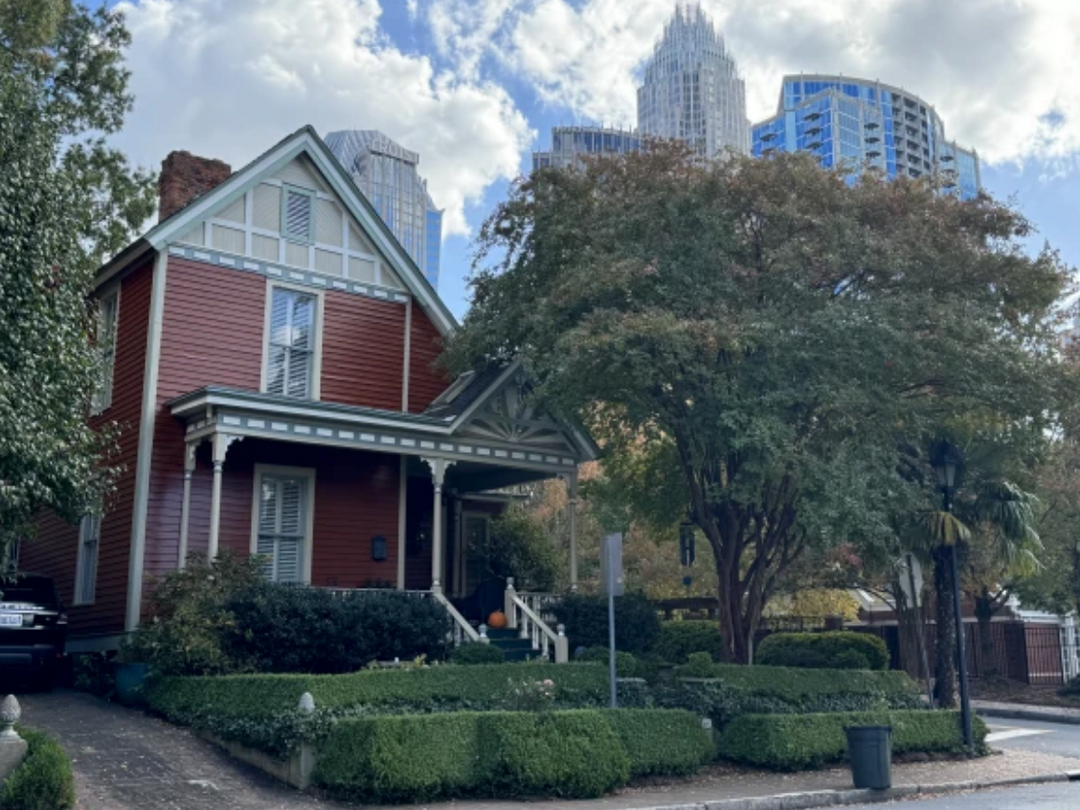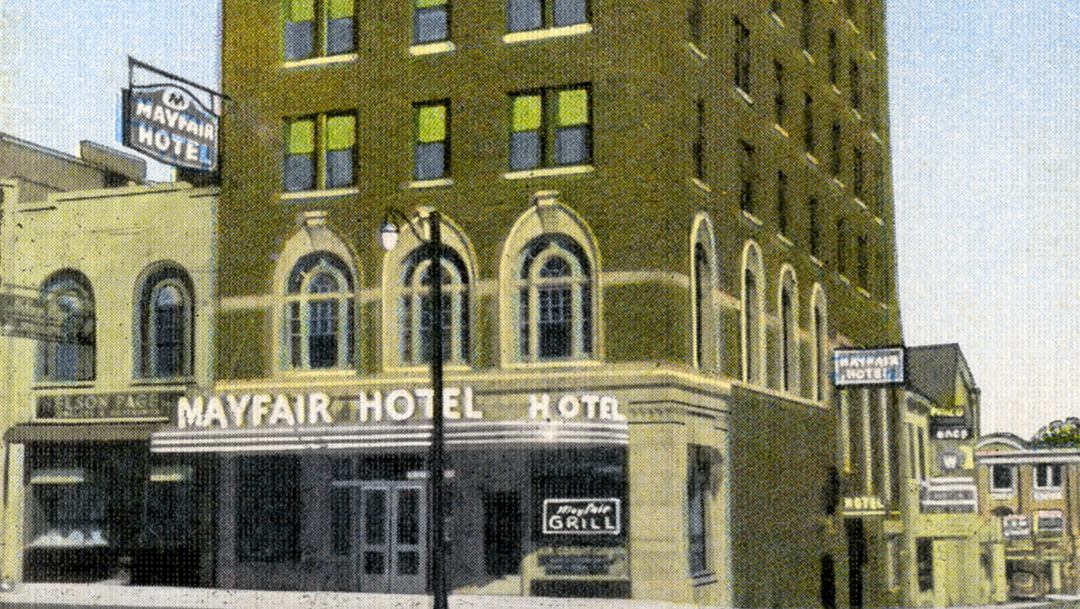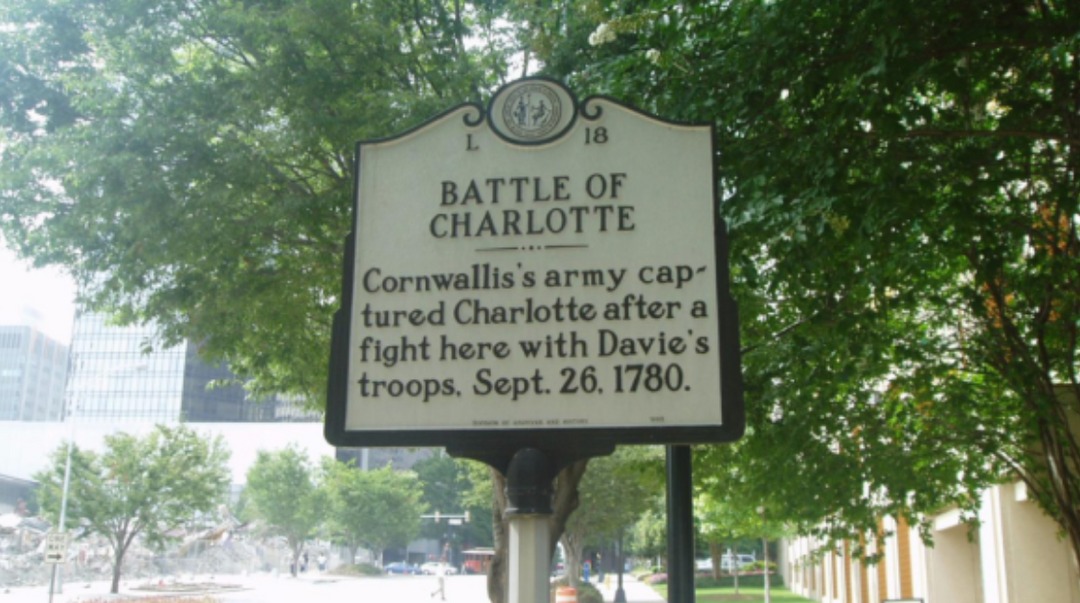Fact Friday 155 - Hezekiah Alexander House
Happy Friday!

Hezekiah Alexander and his family arrived in Mecklenburg County from Maryland in 1767, and he built this stone house on his rural farmland in 1774. Alexander was a prominent figure in Charlotte's early community. He served as a trustee and co-founder of the original Queens College, as well as an elder in Sugar Creek Presbyterian Church, and as a local magistrate and justice of the peace. He became a signer of the Mecklenburg Declaration of Independence and was part of the Fifth Provincial Congress that wrote the first state constitution in 1776. The stone house continued to be at the center of Alexander's farming enterprises and his residence until his death in 1801. His heirs occupied the house until a few years afterward, but by the time of this photograph in the 1940s, it had been abandoned and had fallen into disrepair.

In the 1940s, a Methodist home nearby acquired the house and the surrounding land, and Hezekiah's home was slated to be demolished until the the Daughters of the American Revolution (DAR) stepped in and saved it in 1949. The DAR kept the site open for visitation, and in 1969 they raised funds to fully restore the house but struggled financially to complete a reception center for it. In 1975 the City of Charlotte and the Mint Museum completed the center, and it opened as the Charlotte Museum of History and the Hezekiah Alexander Homesite on July 3, 1976. Today the Hezekiah Alexander House is the oldest dwelling still standing in Mecklenburg County, and is quite possibly the only extant structure belonging to a framer of the North Carolina Constitution. The museum gives daily guided tours of the house, which is now furnished with a collection of period antiques.

Until next week!
Chris.
Email me at chris@704shop.com if you have interesting Charlotte facts you’d like to share or just to provide feedback!
Information taken from:
Charlotte Then and Now, Brandon Lunsford, 2013.
“We have to do with the past only as we can make it useful to the present and the future.” – Frederick Douglass




